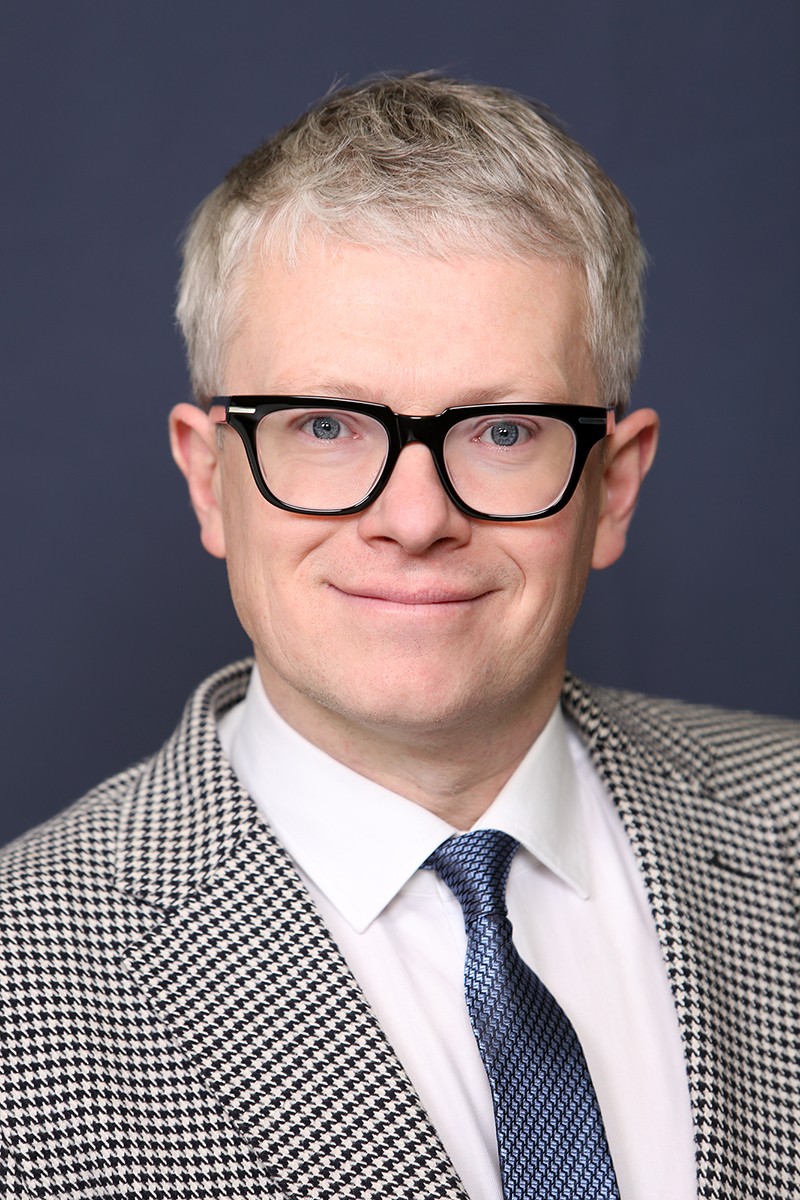EXCITING RUSSIA
19.03.2015
, Maaleht
Vladimir Putin, President of Russia, is on one hand a human being of flesh and blood, but a God on the other. His every movement bares such significance that even the slightest unexpected sign fills the International media with unbelievable froth, which excites so many of us. And not just in Estonia – everywhere across the world.
What to make of this?
We can conclude several things from the news of Putin’s “vanishing act”. To begin with, a lot of people assume they know a lot about the most prominent persons of this world (and Putin definitely is in the top ten) – when in reality they know very little, but have a fantasy livelier than that of Alice in Wonderland.
Secondly, the general presumption that everything in Russia depends on Putin is not valid. Putin depends on Russia. And this is quite a different state of affairs. This is why, for the preservation of his life and power, he must consider, alongside the general public, also the wider interests of the (business) people and the elite who have lost an insane amount of assets over the past few years. We will never know what kind of network of relationships actually directs or controls Russia’s choices.
Many of the opinions and estimations even in our little Estonia are simply a diligent digestion of the generally available information and not an adequate critique of the prepared delicacies. This is even truer of Russia. The Kremlin’s office could definitely run for a medal in the world of public relations. Russia’s broad-range power structure knows exactly what do say or do to keep the state together. Power in Russia is definitely more stable than in the 1980s or 90s. Whether we like what it has become is a different story. This is why we care so much about Putin’s life, actions and health.
World politics only has two directions. One side believes that it is much simpler to cooperate with a functioning system of power, may it be corrupt and violent, than to create something new that might not work.
What we see happening in Libya after the perishing of Muammar Gaddafi is not much nicer that what we witnessed before. When I was invited to Brussels last November by the EU with a dozen other Estonian thinkers, it appeared that the main thing dreamt about in the corridors of power of this city is the same kind of relations with Russia as we had before the crisis in Ukraine. Putin may be unpleasant, but life can become much more unpleasant without him, is the fear among the Western leaders.
International event
The other direction is towards radical change. USA cleared the air in Iraq and actually achieved a lot – the fear of the Americans was restored. Great states rule the world with fear, and this is not wrong to the core – being on the soft side in politics may get you the votes internally, but not across the borders.
It is not (only) Russia who lacks appreciation for the existing borders, but anyone who does not care much for one’s own life (if we translate it into the Western language) – the Islamic State is a painful example. Putin and Russia do see it clearly: if they cannot stand for their own interests, then borders will be shifted as a consequence.
It is a common practice to criticize Russia. But looking from Moscow, many processes have a different meaning. Russia needs a leader who personifies the state to achieve its aims. Putin has done so. Even a possible flu infection of his is an international event. It is not because he is indispensable, but because the fear of him being replaced is even greater.
2059885


